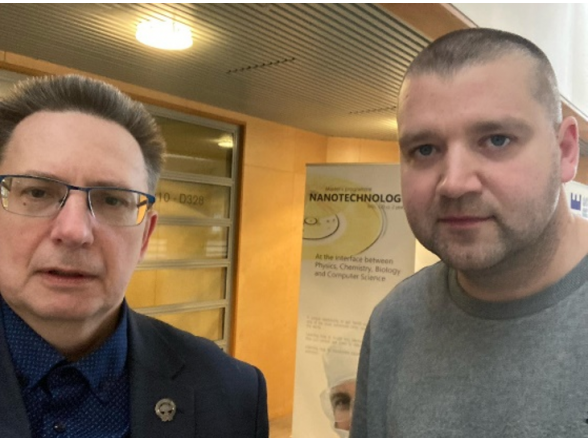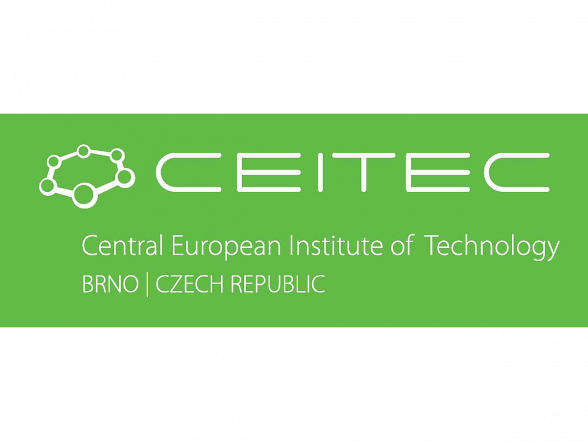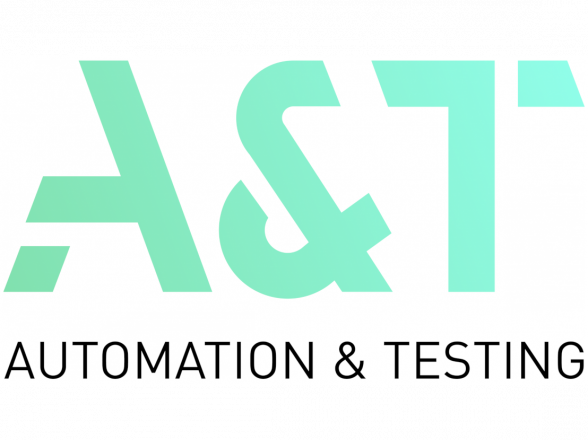Representatives from the Institute of Solid State Physics, University of Latvia, Dr. phys. Valdis Korsaks (Infrastructure department) and Dr. phys. Ainārs Ozols (Development department) visited Linköping and Chalmers Universities. Their visit aimed to explore opportunities for collaboration and exchange insights on Laboratory Information Management Systems (LIMS) and related facilities.
Valdis Korsaks and Ainārs Ozols initiated their journey at Linköping University, where they engaged in discussions with stakeholders regarding the operational intricacies of the LIMS system. They exchanged valuable insights on the challenges faced by academic institutions in managing laboratory data effectively. Additionally, they participated in brainstorming sessions on potential solutions and future developments, mainly focusing on integrating LIMS with door access systems for enhanced security and efficiency.
Continuing their journey, Korsaks and Ozols proceeded to Chalmers University in Gothenburg. Here, they delved into comprehensive discussions on advancing LIMS functionality and optimizing laboratory operations. They actively contributed to identifying areas for improvement, such as streamlining tool booking processes, integrating project management features, and ensuring data integrity through booking restrictions and maintenance logs.
Throughout their visits to Linköping and Chalmers Universities, Korsaks and Ozols shared their expertise and gained valuable insights into best practices and innovative approaches in LIMS development and management. The exchange of ideas and experiences fostered a spirit of collaboration aimed at mutual advancement in academic research environments.
The ISSP UL’s representatives’ visit exemplifies the significance of cross-institutional collaborations in advancing scientific endeavors. By engaging in constructive dialogues and knowledge exchanges, the ISSP UL staff will pave the way for future partnerships and collective progress in laboratory management and research excellence.



